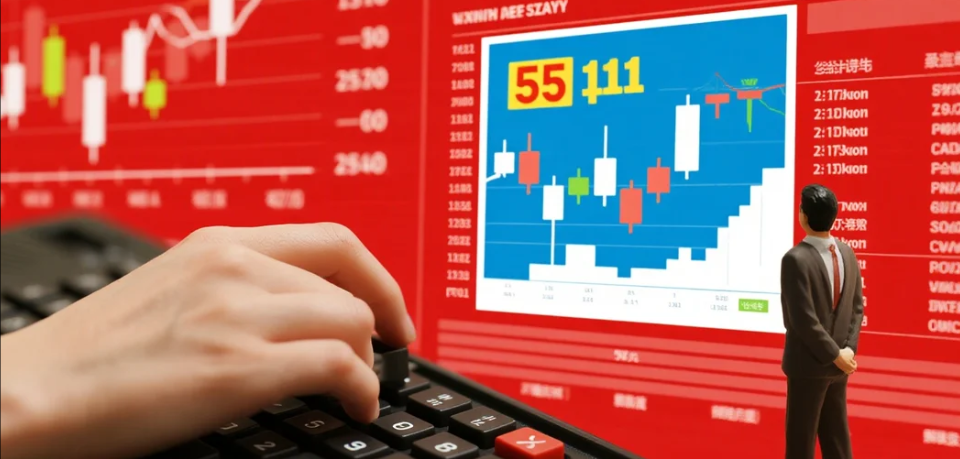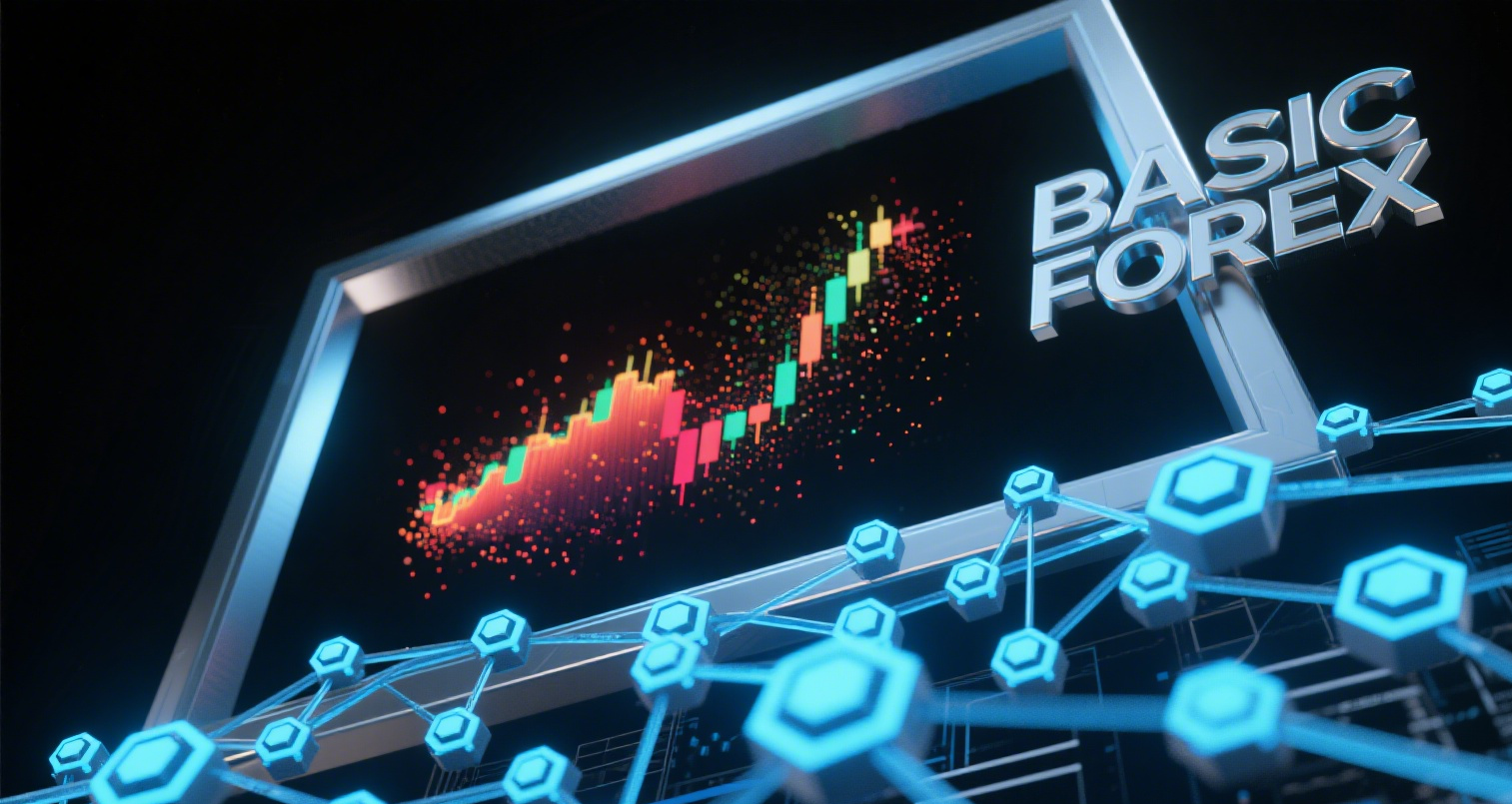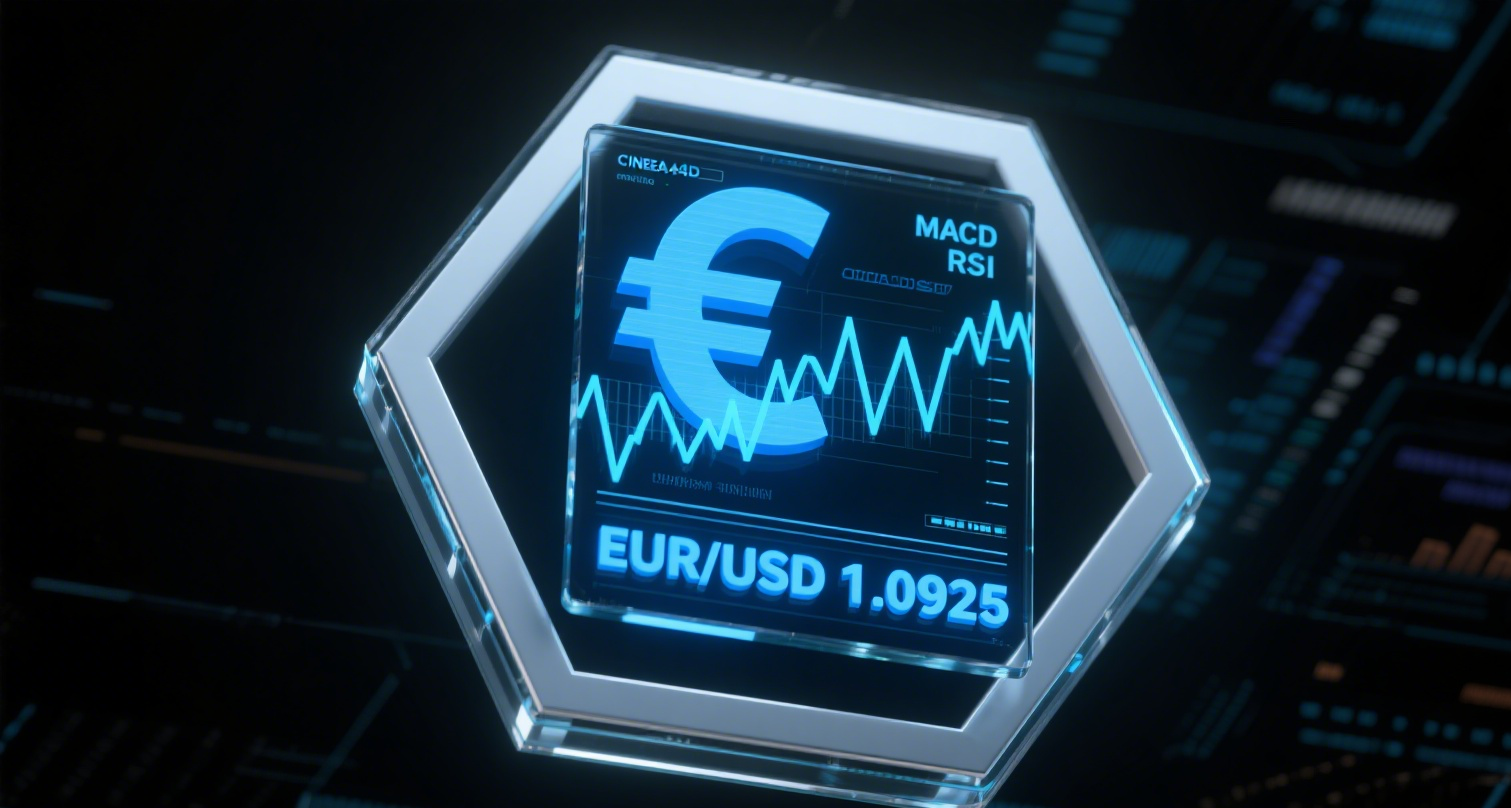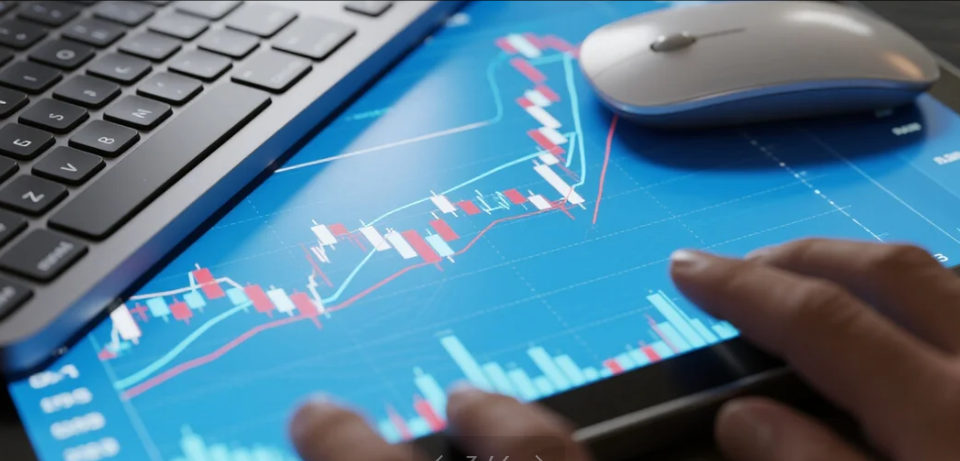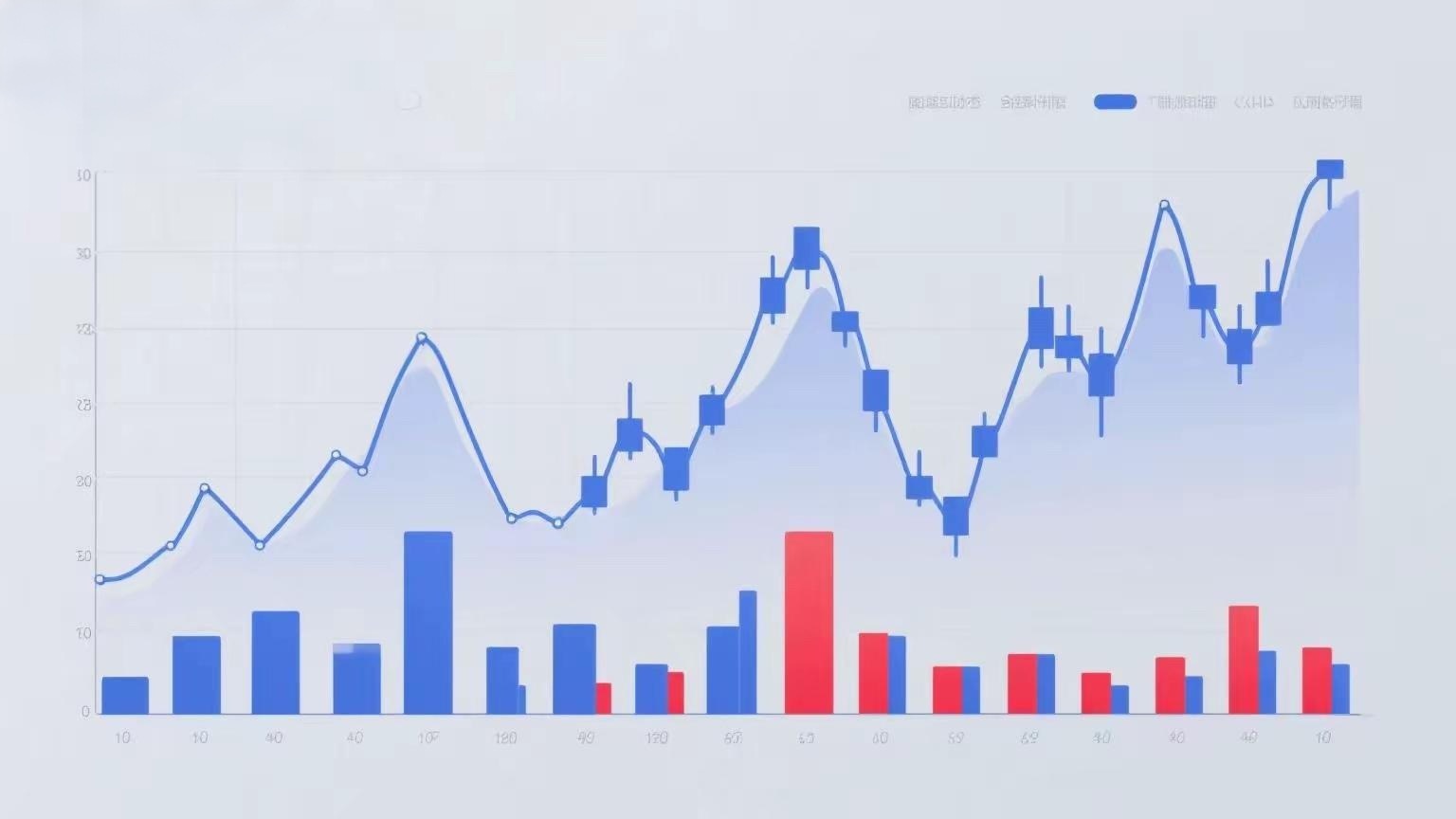
When mentioning the domestic futures market, most people might think of investment products like wheat futures or copper and iron futures, but rarely associate it with stock index futures. With the rapid development and increasing maturity of the domestic financial market, more and more investors are engaging in various derivative trades, and the popularity of stock index futures is gradually rising. However, it’s important to note that many people know very little about this product and have no idea how to understand its price fluctuation mechanisms, let alone invest in it. Here, we will introduce some basic knowledge about domestic stock index futures, hoping it will be helpful to friends.
-
When were domestic stock index futures launched?
Stock index futures are not actually a novel investment product. They were first introduced in the 1980s at the Kansas City Board of Trade in the United States and were soon emulated by other major futures markets around the world. China started relatively late in terms of capital markets, only officially establishing two securities exchanges in Shanghai and Shenzhen in the early 1990s, followed by futures markets in Shanghai, Dalian, and Zhengzhou. Entering the new century, China’s regulatory authorities recognized the important role of stock index futures in improving the product market. Thus, in 2006, the China Financial Futures Exchange was established in Shanghai, and on April 16, 2010, the CSI 300 stock index futures were officially launched. -
What are stock index futures?
Many friends may have some understanding of futures, and some may even be trading such investment products, but most people don’t comprehend stock index futures. The so-called stock index refers to indices like the CSI 300, SSE 50, or CSI 500, which many friends often encounter. These indices are calculated by exchanges based on certain stocks listed on domestic exchanges, using criteria such as industry ranking, market capitalization, and revenue as selection basis, and weighted to reflect market trends. Stock index futures are futures contract products compiled with these indices as the underlying asset, where investors trade the future movement of the stock index. To learn more about this, Yiqijinrong.com is a good resource. -
Why were stock index futures introduced?
Comparing the timing of the launch of stock index futures in China and the U.S., many friends will notice a delay of several decades. Even so, China still introduced such products. Why? The domestic stock market only allows long positions, so when systemic下跌 risks arise, accepting losses seems to be the only option. However, the introduction of stock index futures helps change this situation because it allows short selling. Additionally, stock index futures trading can play a role in price discovery, which is beneficial for the overall development of the market.







